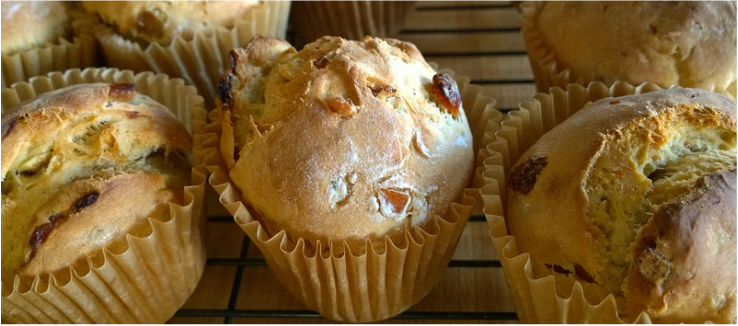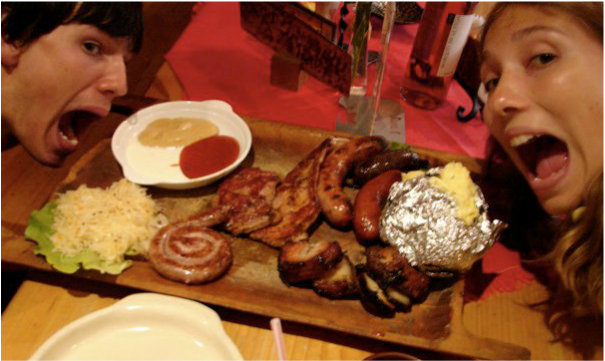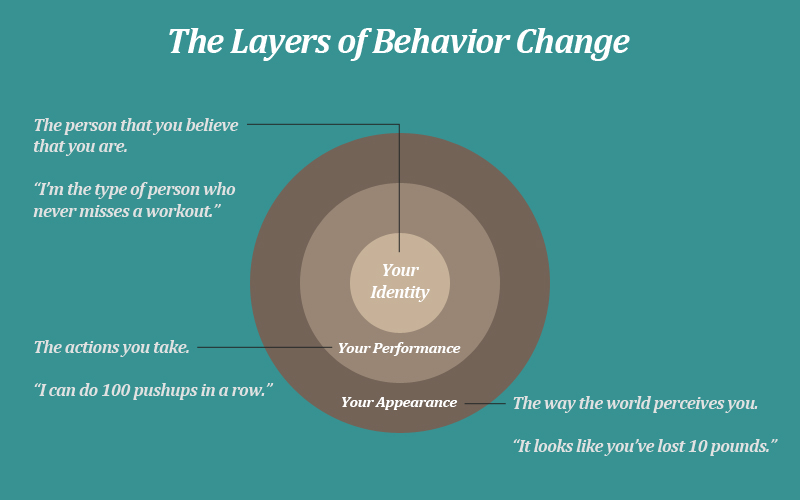|
Stress is wonderful! It -- like other negative emotions, including jealousy and loneliness – is one of the reasons humans even exist. Stress is our brain’s way of telling our body how to survive deadly situations. How to focus on one problem (say, running from a hungry lion) and nothing else (pretty flowers – or even a sprained ankle). How to prioritize what’s happening in our body to give us the best chance of survival (STOP digesting! Use the energy to RUN! STOP fighting the flu. RUN. Divert the blood flow to the muscles. RUN!).
Yet it – like other negative emotions, including jealousy and loneliness – can be maladaptive in the modern world. Most of us don’t spend our days running from hungry lions. Instead, we worry about work, relationships, grades, traffic, personal finances… the list goes on. Some people call this chronic stress. But it might more accurately be referred to as repeated or intermittent stress.
There are some serious consequences to long-term stress: heart disease, liver problems and ulcers, to name a few. But one that’s relevant most people in their daily lives… is stress eating.
I may be eating... but I am certainly not stressed.
Indeed, according to Robert Sapolsky, author of Why Zebras Don’t Get Ulcers, 2/3 of Americans eat more when they’re stressed. Further examination showed that those people had something else in common:
They’re dieters.
Obviously, several factors contribute to this correlation. Genetic factors, for example, or perhaps the fact that people who eat more are more likely to be overweight – and, therefore, may be more likely to be dieting.
But there’s another reason, which has been a pretty hot topic in psychology the last few years: ego depletion and self-regulation. Self-regulation refers to your ability to – you guessed it! – self-regulate. This could mean making a decision about what to wear. Forcing yourself to sit down and write that email you’ve been putting off all day. Deciding not to have a second slice of pizza – or, to have a salad instead of a pizza. Making sure you get out of bed when the alarm goes off. Getting to work on time. And what is ego depletion? The TL;DR is that a growing body of research shows that our ability to self-regulate is like a muscle. When you use it, it gets tired. There’s only so much you can do at the gym before you’re too exhausted to continue. Our brains work the same way – it’s called ego depletion.
The good news is that the more you use it, the more “strength” and “endurance” you will have. It takes time and commitment. But you can improve your executive function.
But say you’re the best self-regulator in the world. You’re still going to get ego depleted sometimes. Perhaps, and especially, during times of great stress. Now say you’re a dieter. You count calories. You try to avoid carbs or fatty foods. You skip dessert. These are all forms of self-regulating. When you’re stressed, you deplete your ego pretty quickly… which means your ability to resist temptation goes out the window. Ego depletion is probably another reason why many people who join a gym to lose weight… don’t actually lose weight. And, in fact, might actually end up gaining weight. When you force yourself to do something you don’t like (say, an hour on the elliptical)… you deplete your ego, and are less willing/able to self-regulate later, when deciding between a banana and an 850-calorie smoothie with similar nutritional benefits. (Or, you know, garlic fries and candy bars.) There’s a great solution to this: find an exercise, class or activity that you intrinsically enjoy. I don’t feel ego depleted after basketball, hiking or climbing, because I love basketball, hiking and climbing. The fitness benefits are an awesome side effect, but not the main, extrinsic goal. If you have yet to find an activity that intrinsically motivates you, join ClassPass. It’ll give you unlimited access to more exercise options than you know what to do with – including aerial fabrics, yoga, standup paddle boarding, hip hop, zumba, indoor rock climbing, and more. Or get on Meetups.com, Craigslist or Google to see if there are any pickup Frisbee, basketball, soccer or tennis games near you. Any leagues that are looking for a free agent. Anyone who needs a doubles partner. Or organize a weekly pickup game at your workplace – this will have physical and professional benefits. *** At this point, you may be wondering, is there a way to curb stress eating? I’m going to go ahead and say yes.
The quickest solution is to find a way to treat yourself during times when you’re expecting high stress levels. For example:
As for a long-term solution… Two ideas. The first one comes from my favorite foodie, Naomi Laporte:
Practice mindful eating. Naomi recently told me, "I've been applying meditation techniques to food. Just slowing down to ask myself, 'Am I really hungry? Or am I stressed/tired/sad, and my body thinks that eating will make me feel better?" Not only that, but taking a moment to think about what flavors and textures you're experiencing can also increase your enjoyment of the food. It keeps you present, which is one of the keys to happiness. And. When you eat more slowly, you usually also eat less. Indeed, according to a recent post in the New York Times, Mindful eating is not a diet, or about giving up anything at all. It’s about experiencing food more intensely — especially the pleasure of it. You can eat a cheeseburger mindfully, if you wish.
Naomi added, "It's been interesting learning about stomach hunger vs. heart hunger vs. eye hunger."
Whenever I do something with Naomi, I know good cheese, bread, olives and seafood will likely be involved :)
Another approach (one that's not dissimilar to mindful eating) is reframing how you think about food and dieting.
Michaela Kiernan did a study at Stanford in which she invited 267 overweight or obese women to join a 20-week weight-loss program. In one condition, participants spent the entire 20 weeks focusing on weight loss. In the other condition, the women spent the first eight weeks of the program specifically not losing weight – but, instead, learning how to maintain a stable weight. If they lost weight between weekly sessions, they were instructed to gain that weight back. The idea was that, if they could learn to fine-tune their daily behaviors in order to maintain a certain weight, they could more successfully keep the weight off. As opposed to yo-yo dieting. They reframed their thinking, from, “I’m on a diet and I can’t eat that,” to, “I’m the kind of person who ___.” (Doesn't eat after seven; doesn't snack between meals; or whatever -- the difference is sort of subtle, but it's totally there.) And, indeed, over the 20-week program, women in both groups lost similar amounts of weight – about 17 pounds. However, women in the experimental condition (weight maintenance, not weight loss) more successfully kept the weight off for an entire year – even over the holiday season. This is consistent with the whole James Clear “identity-based habits” thing: decide the type or person you want to be. Then prove it to yourself with small wins. Eventually, you will believes, “I am the kind of person who _____.”
***
Are you a stress eater – or former stress eater? Share your tips or tricks for staying healthy in the face of stress in the comments!
3 Comments
Caroline
9/6/2015 12:47:38 am
I'm definitely a stress eater but like Naomi, I'm trying to be mindful. There is a lot of great information on your blog. This is the first time I've heard of the scientific terms ego depletion and self-regulation. They are definitely things I've experienced before but I wasn't aware of the scientific explanations.
Reply
Leave a Reply. |
About the Author

Eva is a content specialist with a passion for play, travel... and a little bit of girl power. Read more >
Want to support The Happy Talent? CLICK HERE!
Or Find me on Patreon!
What's Popular on The Happy Talent:
Trending in Dating and Relationships:
What's Popular in Science: Playfulness and Leisure Skills:
Popular in Psychology and Social Skills:
Categories
All
|































 RSS Feed
RSS Feed